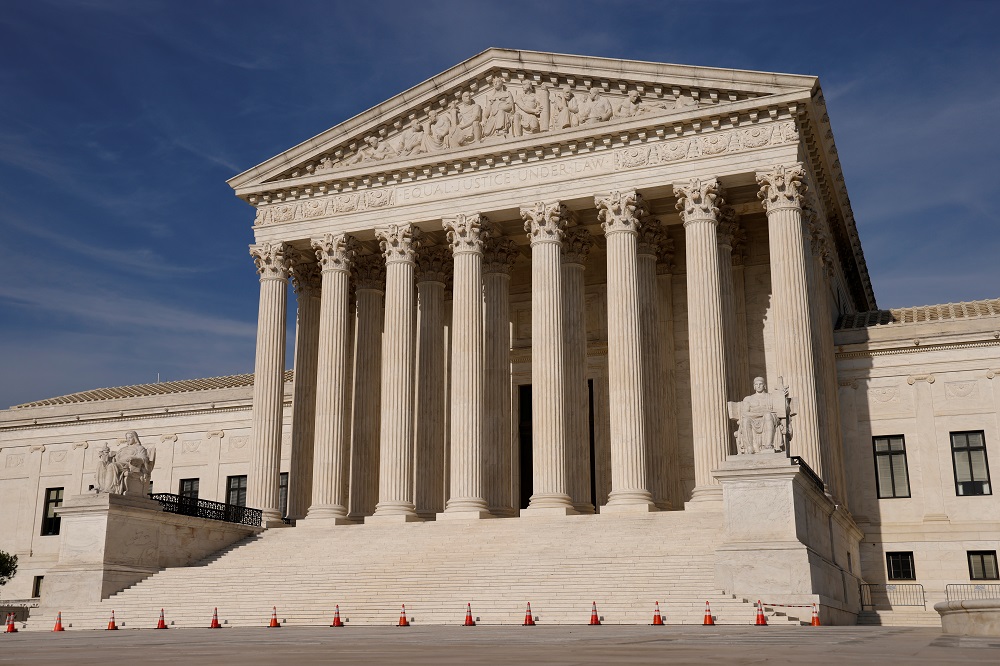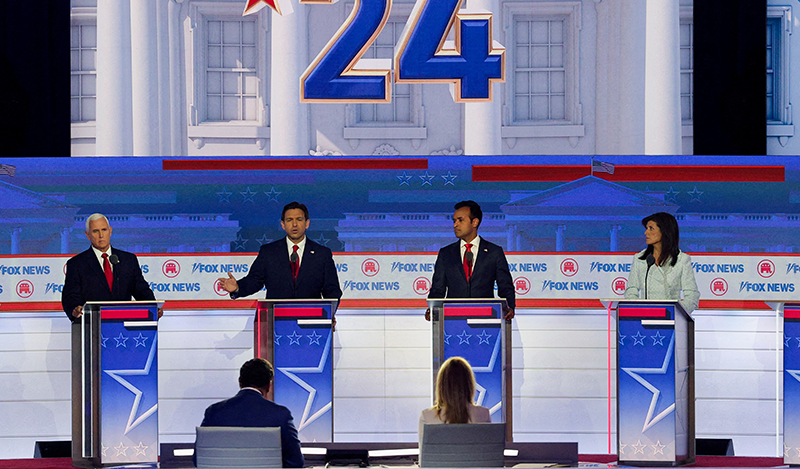Welcome to Our Research Archive
Search and filter by content type, issue area, author, and keyword
- ✕ Clear Filter
- AI (1)
- Article (3)
- Articles (947)
- book (1)
- Climate (228)
- climate change (1)
- data dashboard (14)
- electricity (3)
- energy (237)
- Events (25)
- op-ed (2)
- Podcast (3)
- Post (2)
- Puerto Rico (1)
- Report (2)
- Reports (16)
- science (79)
- science funding (10)
- science trust (10)
- technology (521)
- testimony (1)
- Working paper (1)

February 1, 2024
Reconsidering Chevron Deference: Implications for Tech Policy
The Supreme Court is poised to reconsider a fundamental principle of administrative law. The “Chevron Doctrine” requires the court to defer to agency interpretations of ambiguous statutes, rather than resolving the ambiguity itself. Chevron is one of the most-cited cases in legal history, and revising its approach to statutory construction could significantly impact how agencies regulate society. This…

January 31, 2024
CHIPS 1, CHIPS 2 . . . CHIPS X
Semiconductor titans are angling to feast on new public subsidies even before they have digested the first tranche. Two weeks ago in Davos, Intel CEO Pat Gelsinger, in effect, made a strong call for a CHIPS 2, referring to the $52 billion CHIPS and Science Act passed by Congress in August 2022. Not to be outdone, OpenAI’s…

January 29, 2024
Copyright Law and the Inextricably Intertwined Futures of Journalism and Generative Artificial Intelligence
It’s increasingly evident that bright futures for both journalism and generative artificial intelligence (Gen AI) hinge on copyright law, licensing agreements, and high levels of cooperation between content creators and technology innovators. The New York Times Company’s December lawsuit against Microsoft and OpenAI highlights this reality and, as I previously described, the ramifications for a well-informed citizenry are…

January 26, 2024
Beyond Bitcoin: Unlocking Blockchain’s Potential
Blockchain technology has the potential to transform financial services, supply chains, and efficiency. Yet as innovators like Digital Assets seek to modernize infrastructure across industries, questions emerge around balancing efficiency, privacy, and regulatory needs in complex blockchain applications. To unpack some of these key questions around blockchain, privacy, and regulation, I spoke with Yuval Rooz. Rooz…

January 25, 2024
Social Media Platforms and the Undue Intrusiveness of Government-Compelled Transparency Mandates
As the Supreme Court prepares for argument next month in Moody v. NetChoice and NetChoice v. Paxton over the constitutionality of laws dictating how social media platforms moderate content and explain removal decisions to affected users, another key First Amendment battle is brewing in Sacramento. In late December, a federal judge there refused to preliminarily block a California law compelling platforms to file detailed terms-of-service reports disclosing how they define, flag,…

January 24, 2024
A Vision for Tech Policy is Missing from GOP Economic Plans
In the current landscape of Republican presidential candidate priorities, there is a noticeable lack of emphasis on technology policy—a crucial area that demands attention. A substantial portion of registered voters, spanning all races and including those under 30, cite the economy as their primary concern. This concern intensifies in key swing states, with 39 percent highlighting the economy as their top issue….

January 24, 2024
Trump’s Big, Bold AI Gamble
What a difference a week makes. As others and I have predicted, newly-inaugurated President Trump rolled back much of his predecessor’s policy approach to artificial intelligence (AI). But few forecasted just how stark the contrast has been. Last week, before the inauguration, I argued that Trump should reverse outgoing President Biden’s ill-considered Executive Order on AI. As…

January 23, 2024
Sustainability Highlighted at Consumer Electronics Show 2024
Spanning everything from smartphones, more efficient appliances, larger (and thinner) televisions, and new designs in wearables for health and fitness, the Consumer Electronic Show (CES) showcases a vast range of products and technologies in Las Vegas every January to preview the innovations heading into homes and businesses in the coming year. Whether crafted for entertainment,…

January 22, 2024
Should Internet Platforms Be Classified as Common Carriers?
In my latest blog post, I illustrated that the increased privacy rationale used by the majority of the commissioners at the Federal Communications Commission to support the reclassification of broadband internet service providers (ISPs) in its resuscitated Open Internet Order, rulemaking would have negligible effect. This is because the risk of privacy breaches by ISPs (for…

January 19, 2024
Bureaucracy, Violence, and Utopia: A Fun and Interesting Reminder
The highlight for me of David Graeber’s 2015 book, The Utopia of Rules: On Technology, Stupidity, and the Secret Joys of Bureaucracy, is his trenchant critique of the post office, which has fallen from its essential role in Western society formation and progress to something quite deadened indeed. Postal services emerged to serve the needs of…